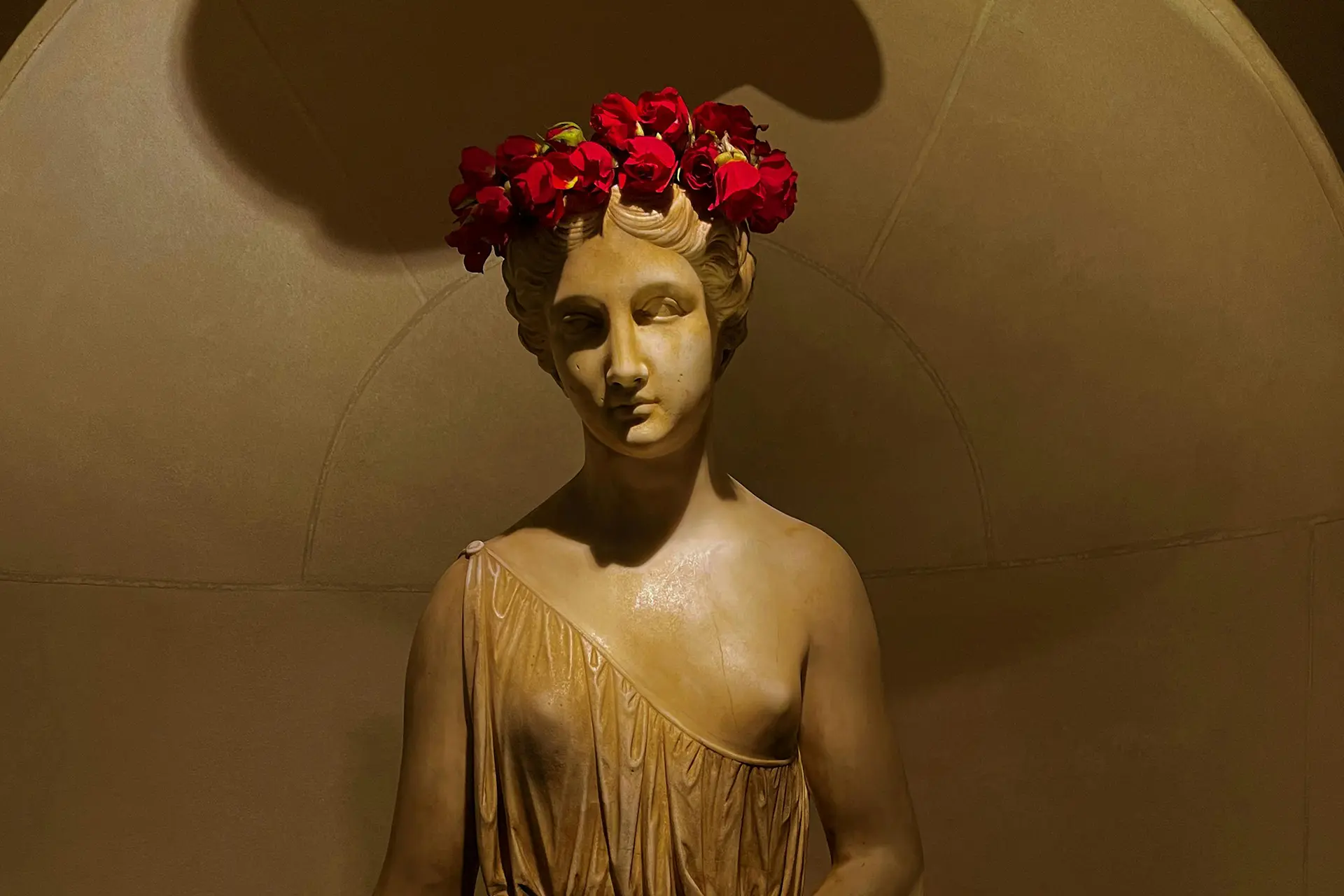
Discover the legend of Ares God of War, the fearsome Olympian tied to battle, bloodshed, and the eternal clash of armies. Explore his myths, symbolism, and enduring legacy.
Among the gods of Olympus, none inspire such awe and dread as Ares. Known as the embodiment of war, he was not a strategist or patron of heroic valor—that was Athena’s domain—but the raw force of conflict itself. To the Greeks, Ares represented the chaos of the battlefield, where blood, fury, and the clashing of swords decided the fate of men and empires.
The Unyielding Spirit of War
Ares was the son of Zeus and Hera, and from his birth carried the destiny of strife. Unlike the gods of wisdom, music, or love, Ares embodied the brutal reality of combat. He marched alongside the dread spirits of Panic, Fear, and Strife, his very presence signaling the outbreak of bloodshed. To invoke his name was to summon both strength and destruction.
Ancient warriors feared him, yet they also respected him, for in his hands lay both death and glory. Where Ares strode, victory was never certain, but battle was always inevitable.

Ares on the Battlefield
Legends placed Ares at the heart of many epic wars. He fought in the Trojan War, siding with the Trojans, though even his godly strength could not shield him from defeat. In Homer’s Iliad, he is wounded by the mortal hero Diomedes with Athena’s aid—a reminder that sheer force is often overcome by wisdom and strategy.
Still, his role in myth was not just to fight, but to embody the unpredictability of combat. Ares reminded the Greeks that battle was not only about courage or cunning, but also about the uncontrollable storm of war itself.
Symbolism of Blood and Steel
The imagery of Ares is steeped in martial symbolism. He is depicted in gleaming armor, carrying a spear and shield, ever ready for conflict. Animals like the vulture and dog were sacred to him, reflecting death and the scavenging aftermath of battle. His chariot, drawn by fire-breathing steeds, was said to thunder across the sky like war drums echoing before a clash of armies.
To the ancients, Ares was not a god of justice or noble defense—he was the raw, unrefined power of violence, a force that could not be contained, only endured.
The Legacy of Ares
While Athena represented the discipline of battle and strategic warfare, Ares was its opposite—the chaos, the bloodshed, the storm of emotions that consume soldiers in combat. This duality between the two gods reflected how the Greeks understood war: both as an art and as an uncontrollable tempest.
Today, Ares endures as a figure of fascination, symbolizing both the terror and allure of conflict. He embodies the darkest side of human nature, yet also the primal force that drives survival and conquest.
The Eternal Clash
To speak of Ares is to speak of the battlefield itself. Every clash of steel, every cry of victory, every lament of loss carried his shadow. He was the god who reminded mortals and immortals alike that war is not only about triumph, but also about blood, sacrifice, and the relentless drumbeat of conflict.
On Mount Olympus, Ares stood as a constant reminder: peace is fleeting, but the specter of war is eternal.



